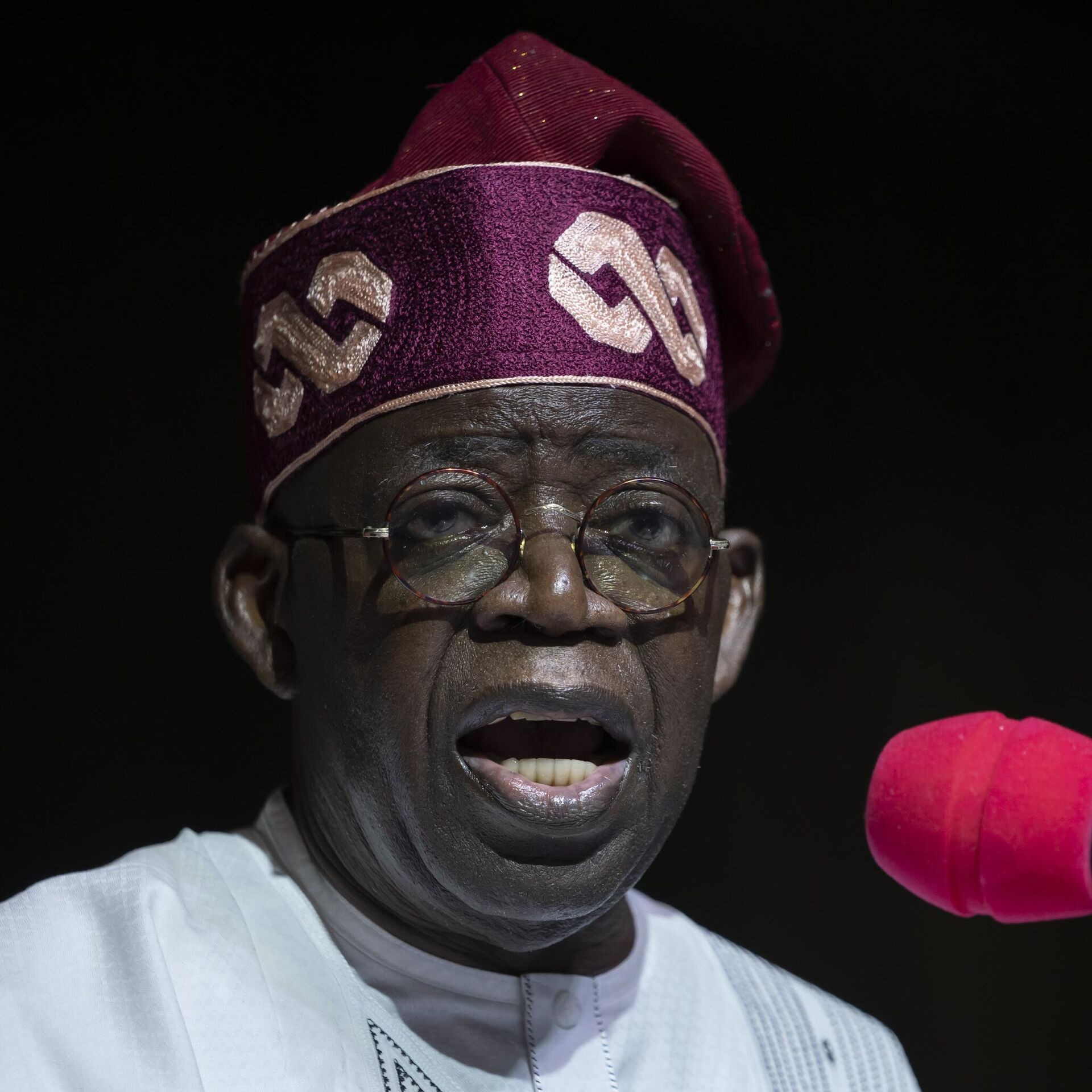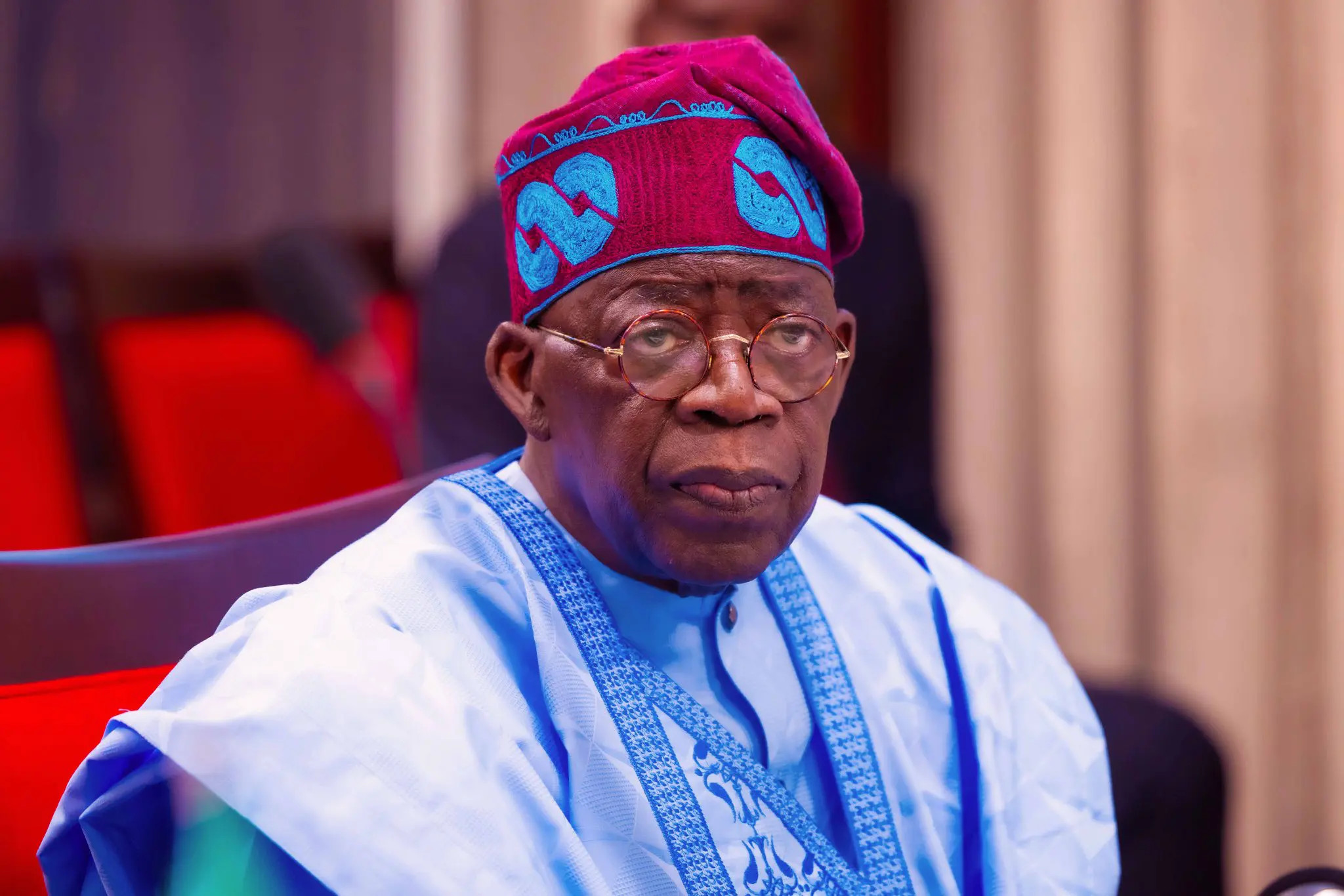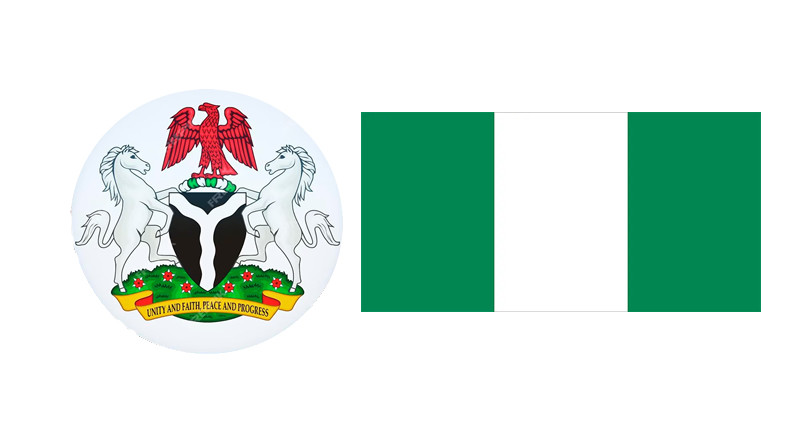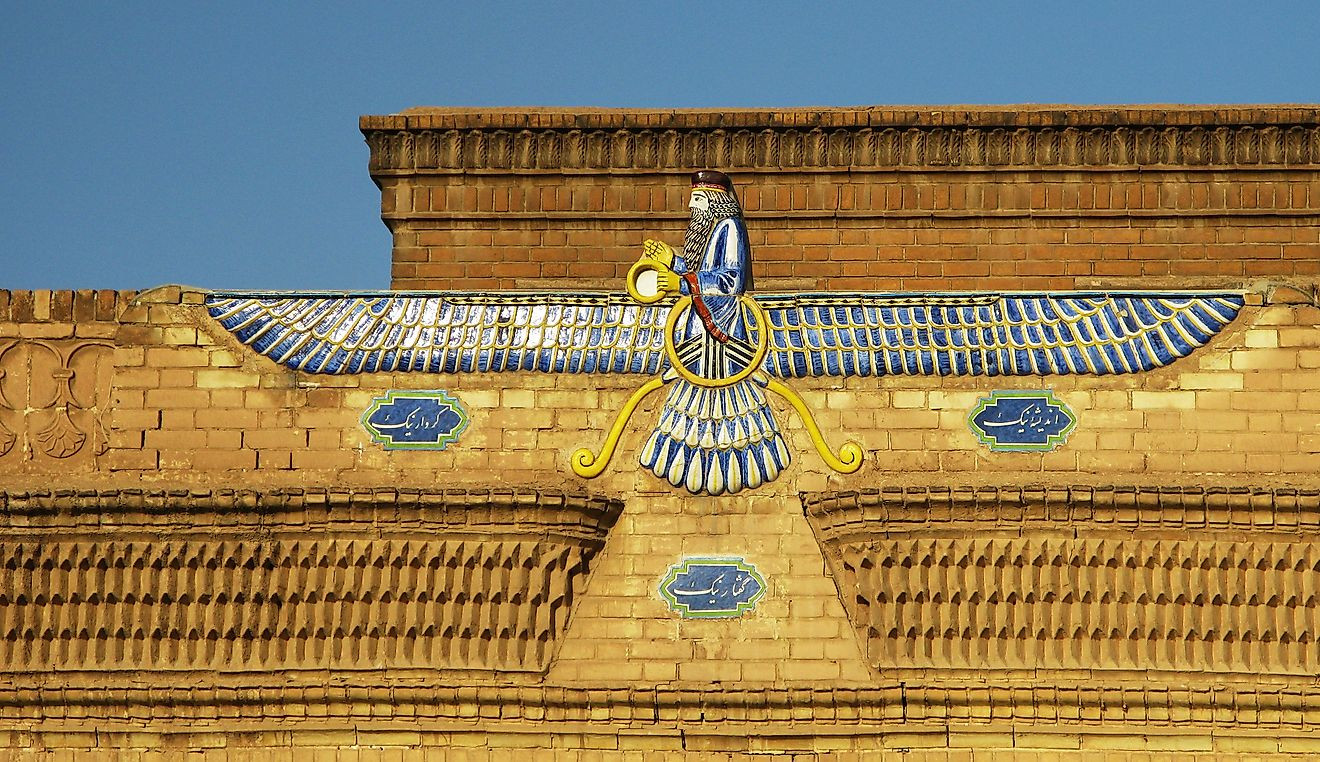Protesters demand quicker reforms and government action to ease the pain amid reforms carried out by the new president.
President Bola Tinubu has told Nigerians protesting against a cost of living crisis that he has “heard” them as he called for the suspension of the demonstrations and an end to “bloodshed”, in his first public comments since protests broke out last week.
In his televised address on Sunday, Tinubu called for an end to violence in several states since the protests started, saying he was always open to dialogue.
Rights group Amnesty International has accused security forces of killing at least 13 protesters, while police say seven people died and deny responsibility.
“My dear Nigerians, especially our youth, I have heard you loud and clear. I understand the pain and frustration that drive these protests, and I want to assure you that our government is committed to listening and addressing the concerns of our citizens,” Tinubu said.
“But we must not let violence and destruction tear our nation apart,” he added.
In office since May 2023, Tinubu defended his economic reforms, which have included a partial end to petrol and electricity subsidies and devaluation of the naira, as necessary to reverse years of economic mismanagement.
Thousands of people began taking to the streets on August 1 to protest against government policies and the high cost of living. They also mobilised online to demand a cut in petrol prices and electricity tariffs, among several demands.
Reacting to Tinubu’s address, Lagos-based activist Opeyemi Folarin said the speech was “underwhelming”.
“If he was willing for dialogue, he should have made a concession,” he told Al Jazeera, adding that protesters were determined to continue until the government acted on their demands.
“It is non-negotiable.”
Al Jazeera’s Ahmed Idris, reporting from a small protest in Lagos, said that while Tinubu’s government is making reforms a centrepiece in his government, the president in his speech “did not address the fundamental demand of the protesters”, in particular the reinstatement of fuel subsidies.
“People are really desperate for relief, and that is why people are going to continue to demand for quicker reforms and government action to ease the pain,” he said.
Police in Nigeria said they had arrested nearly 700 people in the first two days of the protests, accusing them of “armed robbery, arson, mischief” and destroying property.
Amnesty has urged police to release demonstrators and refrain from firing live rounds to break up crowds.
On Friday, it said “security personnel at the locations where lives were lost deliberately used tactics designed to kill while dealing with gatherings of people protesting hunger and deep poverty”.
In his address, Tinubu said: “Security operatives should continue to maintain peace, law, and order in our country following the necessary conventions on human rights, to which Nigeria is a signatory.”
He also said the government was ramping up spending on infrastructure projects, started a loan scheme for university students and was building thousands of housing units across Nigeria’s 36 states.
Government revenues had more than doubled to 9.1 trillion naira ($5.55bn) in the first half of this year while 68 percent of revenue now went to debt servicing, down from 97 percent before Tinubu took office in May last year.
President Tinubu’s Speech: A Call for Dialogue and Defence of Economic Reforms
President Tinubu, in his nationwide broadcast on Sunday, August 4, addressed the ongoing protests against the high cost of living in Nigeria. He expressed his understanding of the protesters’ grievances and acknowledged the pain and frustration driving their actions. However, he strongly urged for an end to violence and destruction, emphasizing the need for dialogue and peace to resolve the issues.
Tinubu defended his economic reforms, which have been met with resistance from many Nigerians. He argued that these reforms, including the removal of fuel subsidies and the devaluation of the naira, were necessary to address decades of economic mismanagement and put the country on a path toward sustainable growth.
The Protests: A Call for Relief
The protests, which began on August 1, highlight the hardship faced by many Nigerians due to the rising cost of living. Protesters demand quicker action from the government to address their concerns, including the reinstatement of fuel subsidies, which Tinubu argues would exacerbate the economic problems the country faces.
The protesters’ demands reflect the deep economic challenges Nigeria is facing. High inflation rates, reaching their highest point in almost three decades, have pushed many Nigerians to the brink. The protests are a clear indication of the urgency with which the government needs to address the cost of living crisis and provide tangible relief to its citizens.
A Look at the Economic Reforms and Their Impact
Tinubu’s speech focused on highlighting the economic reforms his administration has implemented since assuming office in May 2023. He emphasized the positive impact these reforms have had on government revenue, debt servicing, and infrastructure projects.
He stated that government revenues have doubled, reaching 9.1 trillion naira in the first half of 2024. This increase, he attributed to the implementation of measures to block leakages and introduce automation in government processes. He also highlighted the reduction in debt servicing from 97% of revenue before his administration to 68% in the last 13 months.
Tinubu outlined various infrastructure projects underway, including road and rail developments. He also pointed to the resurgence of the oil and gas industry, with increased oil production and renewed investor interest. This rebound, he attributed to the reforms implemented to address gaps in the Petroleum Industry Act.
The Future: Renewed Hope or Continued Uncertainty?
The future of Nigeria remains uncertain. The protests highlight the deep-seated frustration and anger among citizens. While Tinubu’s government seeks to implement economic reforms and alleviate the cost of living crisis, the protesters demand immediate and tangible action.
The success of the government’s efforts in addressing the issues at hand will depend on its ability to deliver on its promises and effectively communicate its policies to the public. This includes clearly explaining the rationale behind the reforms, acknowledging the short-term hardships they may cause, and demonstrating how they will ultimately benefit the Nigerian people.
The coming months will be crucial in determining the direction Nigeria takes. The government’s ability to navigate this period of unrest and maintain stability while addressing the needs of its citizens will be a defining test for the new administration. The success of the government’s reforms will be judged by the degree to which they improve the lives of ordinary Nigerians and alleviate the hardship they currently face.


















